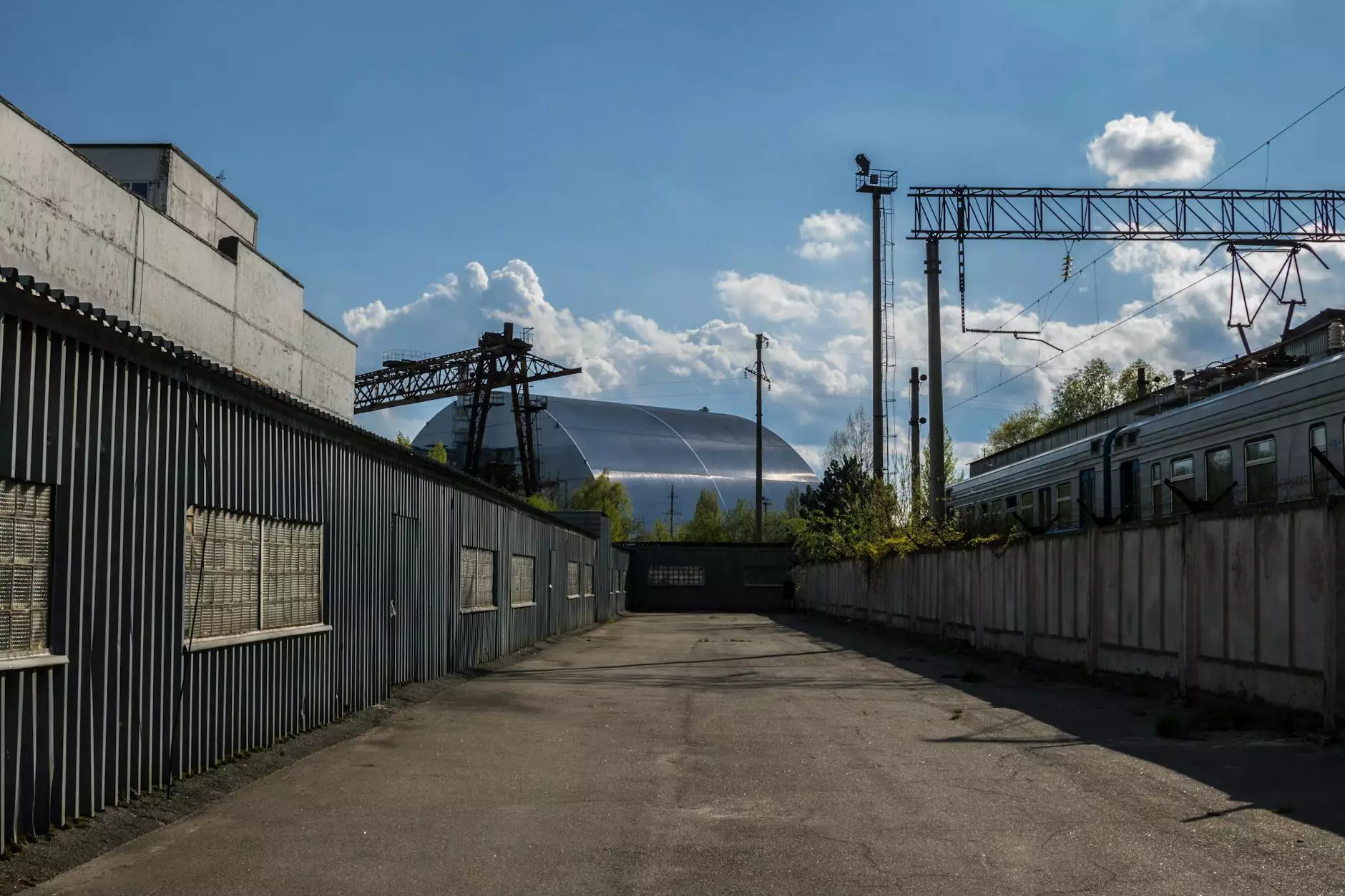Exploring the Potential of Modular Containers in the Business Landscape

The modern business landscape is ever-evolving, with new challenges and demands requiring innovative solutions. One of the most exciting developments in construction and supply is the rise of modular containers. These structures are reshaping the way we think about building processes, offering unprecedented flexibility, efficiency, and sustainability. In this article, we'll delve into the myriad advantages of modular containers, their applications, and the future they hold in various industries.
What are Modular Containers?
Modular containers are prefabricated structures constructed from durable shipping containers or custom-designed box units. They are designed to be easily transported, assembled, and modified to fit various functions, from office spaces to accommodations and retail shops. The key characteristics of modular containers include:
- Portability: Designed for easy transportation, allowing for relocation and adaptation as needed.
- Cost-Effectiveness: Utilizes materials and designs that minimize waste and reduce overall building costs.
- Sustainability: Made from recycled materials and can be reused multiple times, contributing to eco-friendly practices.
- Customization: Can be modified to meet specific business needs, including dimensions, layout, and features.
Benefits of Using Modular Containers in Construction
Moving beyond traditional building methods, modular containers offer a range of benefits, making them an attractive choice for contractors and businesses alike. Let's explore some of the key advantages:
1. Speed of Construction
One of the most significant advantages of modular containers is their speed of construction. Unlike traditional building methods, which can take months or even years, modular construction can often be completed in a matter of weeks. This rapid turnaround is critical for businesses needing quick solutions. The off-site construction of modular containers allows for parallel processes, where site preparation and container fabrication occur simultaneously.
2. Reducing Labor Costs
With modular containers, the amount of on-site labor is significantly reduced. Because much of the work is completed in a controlled environment, fewer workers are needed on site, which leads to lower labor costs. Furthermore, the construction process is streamlined, enhancing efficiency and reducing the potential for costly delays due to weather or other on-site issues.
3. Enhanced Quality Control
Quality control is easier to manage in a factory setting where modular containers are built. Each unit undergoes rigorous testing and inspection before leaving the factory, ensuring that they meet stringent safety and quality standards. This level of control over the manufacturing process contributes to higher overall construction quality when these units are assembled on-site.
4. Sustainable Building Practices
In an age where sustainability is key to business practices, modular containers shine as eco-friendly options. They often utilize recycled materials, minimize waste by using precise manufacturing processes, and can be reused or repurposed easily. The flexibility of the design means that as business needs change, modular containers can adapt, reducing the need for new materials and additional construction.
5. Design Flexibility and Versatility
The versatility of modular containers is one of their most appealing factors. They can be designed for a wide array of uses, from portable offices and classrooms to medical facilities and emergency housing. Their modular nature means businesses can scale up or down easily, adding or removing units as needed without the long-term commitment typically associated with permanent structures.
Applications of Modular Containers
With their innovative design and advantages, modular containers are applied in various fields and industries. Here are some noteworthy applications:
1. Construction Sites
In the construction industry, modular containers are often used as temporary offices, storage units, and worker accommodations. They can be deployed quickly to give teams a place to work, store tools, and meet, facilitating efficiency on construction sites. Their portability means they can be moved as the project progresses, saving time and resources.
2. Education
School districts facing overcrowding or needing temporary classrooms have found modular containers to be an excellent solution. These units can serve as classrooms, administrative offices, or recreational spaces, providing an immediate response to educational needs without the lengthy process of traditional construction.
3. Emergency Relief
In disaster-stricken areas, modular containers are used to create temporary housing and medical facilities. Their capacity to be rapidly deployed and easily customized enables aid organizations to respond swiftly to humanitarian crises, providing essential services when they are needed most.
The Future of Modular Containers in Business
As we look toward the future, the use of modular containers is expected to expand significantly. With increasing urbanization and a growing emphasis on sustainable practices, businesses must adapt quickly to these changes. Here are several predictions for the future of modular containers:
1. Integration with Smart Technology
The advent of smart technology will lead to more advanced modular designs with built-in energy-efficient systems, smart home technologies, and IoT integration. This will not only enhance the functionality of modular containers but also optimize the energy consumption of these structures.
2. Growing Acceptance in Urban Development
As cities look for innovative ways to tackle housing shortages and create flexible workspaces, the acceptance of modular containers in urban development will likely increase. They offer a solution that can be easily integrated into various urban settings, from pop-up shops to residential buildings.
3. Expanding into New Markets
Global markets are starting to recognize the benefits of modular containers beyond just construction. Industries such as hospitality, healthcare, and retail are beginning to adopt these versatile structures, leading to a significant market expansion and diversification of applications.
4. Enhanced Regulatory Frameworks
As the popularity of modular containers grows, so will the need for standardized regulations governing their use. This will ensure safety, reliability, and quality across the board, promoting public acceptance and facilitating broader implementation in construction and other sectors.
Conclusion
In conclusion, modular containers are revolutionizing the construction and building supply industries, providing durable, adaptable, and cost-effective solutions for modern business needs. Their benefits, ranging from speed of construction to sustainability, position them as a viable alternative to traditional methods. As more businesses and sectors start to embrace modular containers, we can expect to see an increased emphasis on innovation, efficiency, and environmental consciousness in the years to come.
For companies looking to invest in modular containers for their next project, it's essential to partner with reliable suppliers such as Module-T, who specialize in providing quality building solutions tailored to your specific needs.









